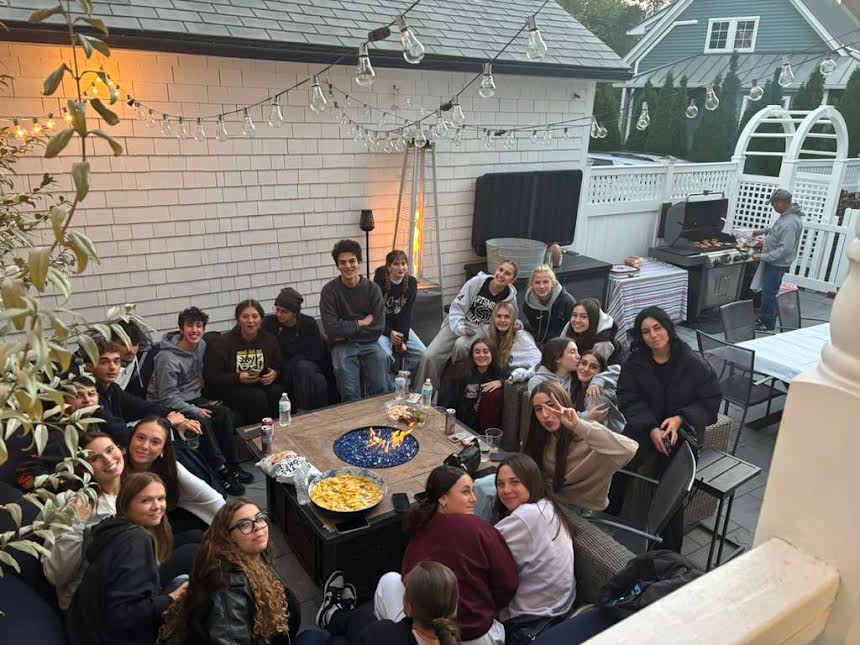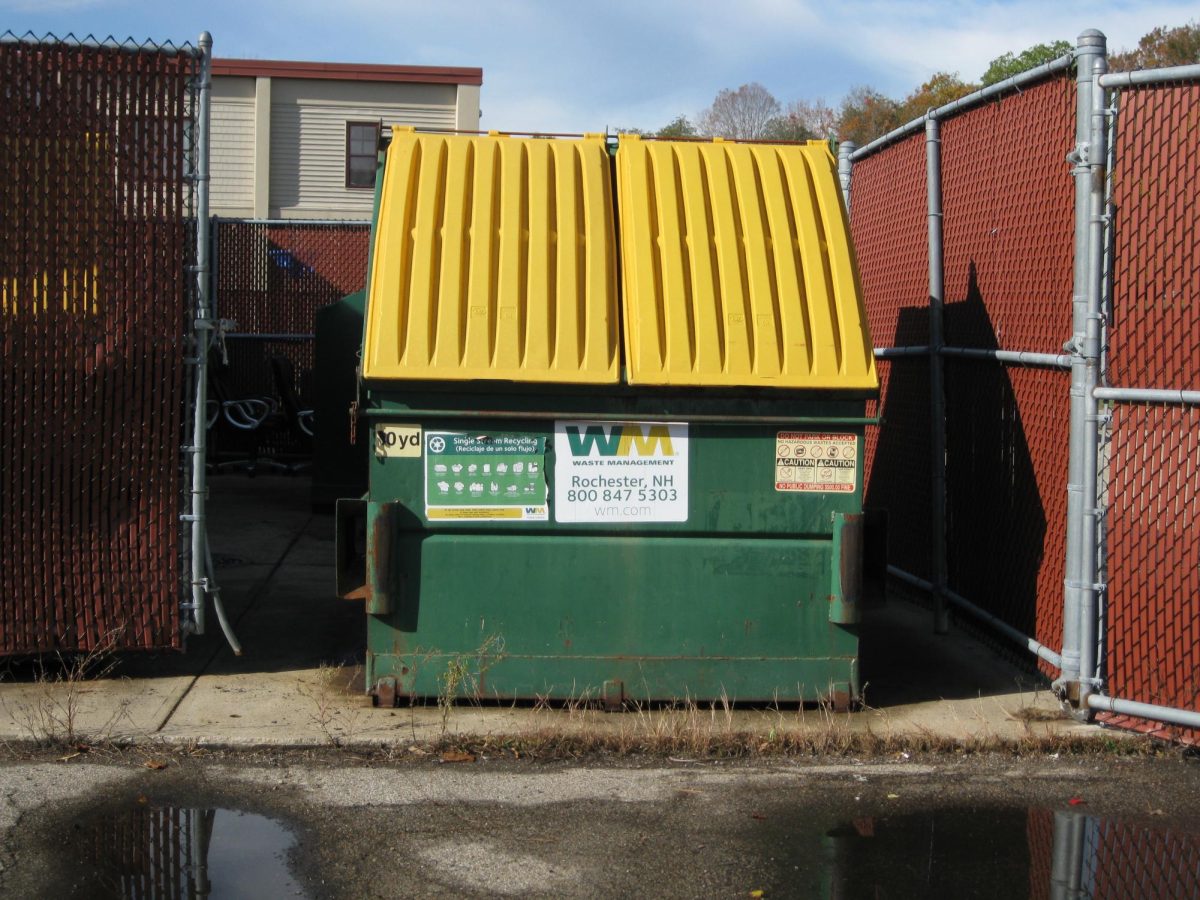Homework, clubs, sports, volunteering, jobs – millions of teenagers in America are struggling to balance it all. This struggle for time is a constant source of stress for many, raising the questions of whether teens are overbooked, why they might be overbooked, and whether overscheduling is beneficial.
Some argue that excessive activities are bad for teens and that the stress of the future is why many are overextended.
For example, in a study from the University of Georgia (UGA), researchers found that too many enrichment activities and time spent studying can negatively affect high schoolers.
The study found that though these activities are beneficial, most students have a “cap” (which is unique to them). Even just an hour of extra studying past this cap can negatively contribute to a child’s non-cognitive skills, such as emotional well-being/regulation, resilience, and communication skills.
UGA says most high-schoolers in the United States are already “maxing out” their time and are losing some of their socio-emotional abilities. They are actively spending less time socializing, sleeping, and relaxing, causing them to have higher rates of anxiety, depression, and outbursts.
The study concluded that overbooking is a major issue in America and can cause massive amounts of stress. Carter Hancock, a senior from Portsmouth High School (PHS) in Portsmouth, New Hampshire, cannot agree more.
Hancock is involved in PHS’s Peer Leadership, Global Connect, Student to Student, National Honor Society, and the Clipper News program, is in the top 10% of his class and he works at a restaurant. Despite his love for all his pursuits, Hancock is chronically stressed.
He identifies himself as overbooked and states that the motive behind his participation in several activities is to make himself more appealing to colleges.
The 17-year-old says that “the pressure of trying to make yourself unattainable is unreal” regarding university admissions. He feels as though colleges want students to be incredibly unique – an almost impossible task.
Brittany Lind, PHS’s college counselor, corroborates this feeling. She has worked in future planning for seven years and has seen thousands of students stress about their extracurriculars.
“I think that kids sometimes try and get involved in a million different things because they think that is what colleges want to see,” Lind states. She adds that universities care more about the quality of student involvement in their activities rather than the quantity.
Lind is concerned about students stretching themselves too thin in high school. She believes that teenagehood should be about figuring oneself out, instead of racking up volunteer hours or planning fundraisers.
It is important to note that colleges care about activities because they want to know that their students will be involved on campus in things like clubs, undergraduate research, and sports. College Board, the organization that provides standardized testing, says that colleges “want to see the person you’re becoming and the skills you’ve learned outside of class.”
However, many students are still very self-conscious about their extracurriculars for many reasons, Lind argues.
On the Common Application, a tool used by most schools in the United States for college applications, there are ten slots for activities. Lind notes that this is a large number, and students often struggle to fill in every spot.
The college counselor states that ever since the COVID-19 pandemic, many schools have become test-optional (do not require SAT/ACT scores to be submitted).
High school seniors are also applying to a larger volume of institutions, and Lind has seen the average number of universities kids are applying to grow from five schools to ten. She says this has forced students to beef up their extracurricular activities to stand out from their peers.
On the contrary, some argue that having a “full” schedule is more beneficial to teenagers than having a lot of free time and that teenage stress comes from other sources.
Dana Gray is a parent to twin boys who are seniors in high school. Both are involved in sports, such as rowing and soccer, while also holding jobs and participating in activities like a church youth group.
She claims that they thrive more when their time is packed, even going as far as to say that she wishes they were more involved during the winter (when many of their usual activities are not running).
Gray argues that when they have less time, they are more likely to use the time they do have productively such as achieving better grades in school, and being more considerate human beings overall.
When her kids have more time on their hands, they turn to electronics and gaming instead of socializing or doing more productive activities. Gray asserts that the endless scrolling of apps like TikTok is the true source of time-robbery in modern teenage-hood.
“The reason kids are stressed these days is because they don’t have the coping skills,” says Gray, and she insists that phones make everything too accessible, causing teenagers to lack the problem-solving skills and resilience needed to help them during times of distress.
Furthermore, in a study from the National Public Library, researchers found that spending more time on homework and extracurricular activities in high school increases the chance of a person having positive development by the age of 26 or 27.
The study examined a variety of students from different socio-economic backgrounds and looked at how the time they spent in high school correlated with being more or less successful in early adulthood.
It found that “those who had spent one more evening on average a week with friends during high school were 38% (p < .05) more likely to be downward movers” and “spending four evenings a week on average with friends compared to one doubled the probability of negative development”. These findings show that students who had more free time to spend with their peers did not benefit from it.
The issue of overscheduling in teenage-hood has no definitive answer.
Some argue that it causes stress, kids have less time to be themselves, and that institutions need to refocus their admission policies to help young high schoolers learn to be themselves before they go into their next steps. Others say that booked kids are happy kids, and often find more success later in adulthood.
Teens stressed from overbooking should talk to a trusted adult, such as a parent or college counselor, and make sure to prioritize their mental health. For more information on this topic please reach out to your guidance counselor, or Ms. Lind.








